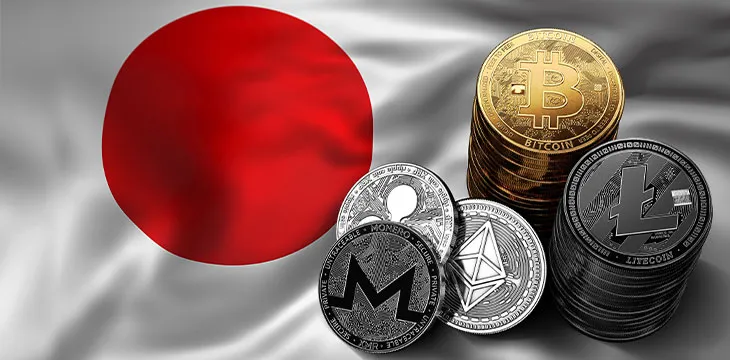|
Getting your Trinity Audio player ready...
|
While some may view regulations as cumbersome and an impediment to progress, the opposite is actually true. Repeatedly, regulations have shown to be an integral component to substantial growth across many industries, and cryptocurrency will be no different. The recent implementation of regulatory oversight in Japan may very well prove to be the catalyst that advances innovation in the crypto space and help it to flourish as it was intended.
Japan’s Financial Services Agency (FSA) has introduced five new rules that apply to both existing cryptocurrency exchanges, as well as those that plan to enter the space at a later time, Nikkei reported. The goal of the regulations is to help prevent another cryptocurrency theft like the one seen by Coincheck earlier this year, as well as to protect consumer assets.
All exchanges will be subject to an on-site inspection prior to launching services. In this inspection, the exchanges will be scrutinized based on five different criteria. The first requires that exchanges not store digital currency in computers that are connected to the Internet, and that computers storing the currency have multiple passwords for transferring currency.
The second item revolves around the exchange’s money laundering preventative measures, with the FSA stating that exchanges will “need to work harder to prevent money laundering, through such means as verifying customer identification for large transfers.” The FSA didn’t specify how the exchange had to implement anti-money laundering measures, but failure to provide adequate protection could result in the exchange being denied a license.
The next criterion is a separation of customer assets from exchange assets. Exchange operators will be obligated to periodically check customer account balances throughout the day for any discrepancy. Additionally, the exchange must have rules in place that prevent “officers from using client money or virtual currencies.”
Many cryptocurrencies could be banned from Japan’s exchanges, according to the FSA. Digital currencies that have been singled out as a vehicle for money laundering or that have a high level of anonymity will more than likely be forbidden on the exchanges. Recently, Japan has cracked down on several altcoins that it deemed questionable, including Monero, Zcash and Dash.
The last item on the list regards exchanges’ internal procedures. According to the FSA, the exchanges “will need to separate shareholders from management. System development roles will also be separated from asset management roles to keep employees from manipulating the system for their own gain.”
There are currently 16 exchanges operating with government approval in Japan, with seven others operating pending approval. An estimated 100 additional companies hope to launch exchange services in the country, all of which would be required to submit to the inspection process.

 07-18-2025
07-18-2025 





